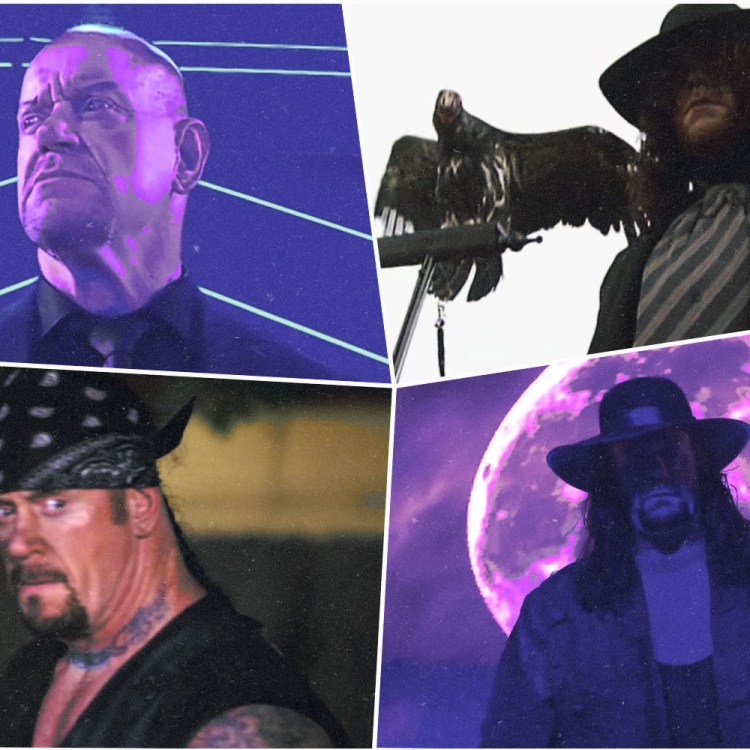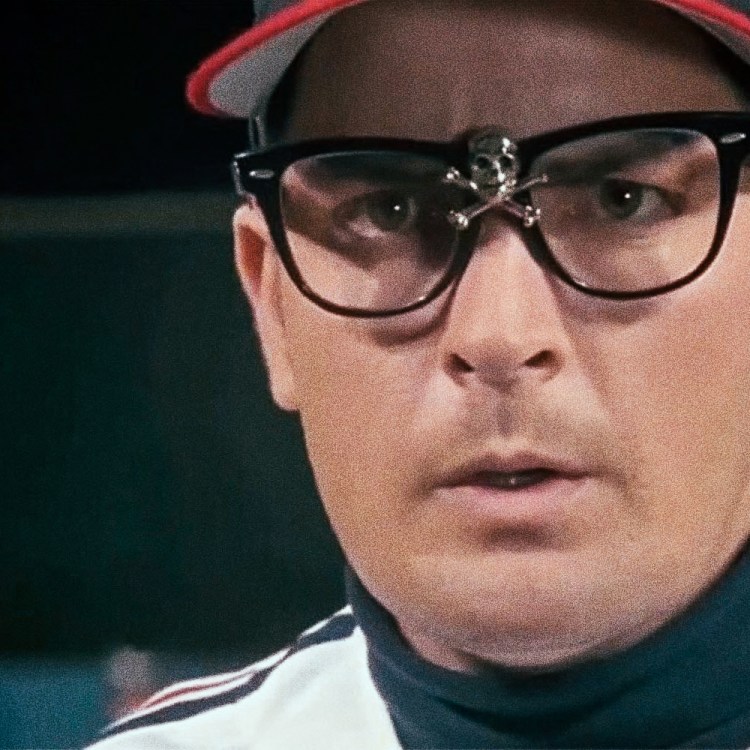It’s maybe hard to remember in 2019, but Kevin Durant was the NBA’s golden boy before he went to Golden State.
Originally a Seattle Supersonic before the franchise moved across the country and became the Oklahoma City Thunder, the former No. 2 overall pick was voted MVP following the 2013-14 season behind averages of 32 points, 7.4 rebounds and 5.5 assists per game, cementing his status as a superstar despite playing in one of the league’s smallest markets.
A big-time player with a seemingly small-town ego (he donated $1 million to tornado disaster relief efforts in Oklahoma in 2013), Durant was able to bring the Thunder to an NBA Finals and three Western Conference Finals while playing in OKC, at times showing up to playoff games with a backpack which he said contained nothing but headphones and his Bible.
It was after one those Conference Finals losses, to the Warriors in 2016, that Durant decided he was done in OKC and left for Golden State after briefly dipping his toe in the waters of free agency. The signing was roundly ripped after the small forward announced it in a piece on The Players’ Tribune.
“I was disappointed,” NBA pundit Charles Barkley said following Durant’s 2016 announcement. “I was disappointed like I was disappointed when LeBron went to Miami. Kevin is a terrific player, he’s a good kid. But just disappointed with the fact that he weakened another team and he’s gonna kind of gravy train on a terrific Warriors team. Just disappointed from a competitive standpoint. Because just like it meant more to LeBron to win one in Cleveland, it would mean more to Kevin to win one in Oklahoma than it would be in Golden State.”
Since moving on from the smaller market to the Bay Area, where he’s routinely cheered on by tech-industry leaders worth billions, Durant has won two NBA championships, two NBA Finals MVP awards and could potentially win one more of each with the two-time defending champion Warriors currently taking on the Toronto Raptors. But despite all the winning, Durant has been losing in the court of public opinion thanks to a number of social media-related gaffes and some public infighting with his teammates, most notably fan favorite Draymond Green.
So did the winning change Durant? According to The Athletic columnist Marcus Thompson II, the author of the new biography KD: Kevin Durant’s Relentless Pursuit to be the Greatest, this is who KD has been all along — he just didn’t show it before.

“He has a reputation that was built on the kind of down-home, humble, Christian, ‘aw shucks,’ kind of mode. That veneer has been ripped away,” Thompson tells InsideHook. “I think his image has taken a hit because he’s basically been a full person in front of us. It’s not like he’s just this choreographed superstar. It’s not like he’s a brand that has been concocted and stays on point and you never get to see past what you are being supposed to see.”
That transparency is markedly different than what you’ll get from other NBA superstars like Steph Curry and LeBron James, the latter of whom is said to be equal parts concerned about his basketball as he is his brand. As for Durant’s teammate Curry, you get nothing but wholesome photos alongside his daughter Riley and wife Ayesha and feel-good marketing moves, both of which look to be paving the way for Curry’s faith-based production company.
“The reason we get to see it is [Durant’s] a transparent person and is willing to be vulnerable and authentic,” Thompson says. “I think over time, people will appreciate that more, but it’s a little bit easier to point it out because it’s so crazy … this billionaire celebrity is on Twitter going at people. The real reason he’s doing that is he sees himself as just like people on the internet, which is probably crazy in its own right, but also a little bit admirable too. He sees himself as equivalent to a troll, which means that if the trolls throw a shot, he can throw a shot back. I respect that about him, but then it’s also terrible for PR.”
As Thompson notes, bad PR might not be at the top of Durant’s list of concerns considering the amount of tragedy and death he dealt with while growing up in a Maryland neighborhood on the outskirts of Washington, D.C. To deal with that experience, Durant used basketball as a sanctuary and that’s still his primary concern, not what the pundits or the public think about him.
“I think part of him is in a rebellious mode because of how he was treated after he left Oklahoma City,” Thompson says. “Basically his character was assassinated. They called him soft even though, what he’s been through, there’s no way he could be soft. They said he was weak even though what he had to do to get to where he got to required everything but weakness. His character still got assassinated and I think it made him a bit of a rebel. It made him put down that Oklahoma City act he was putting on, the good little humble kid who carried his Bible in his backpack. He just was like ‘I’m gonna be me.’”
And Durant being himself has led to the world getting a look at a sensitive side that isn’t visible on the court but shows up front and center when he responds to people who take shots at him on social media, at one point telling a teenaged Instagram commenter to “go sweep” his dorm room before calling him a “middle school/knock off stephen a.”

“He’s sensitive. No question,” Thompson says. “The desire to be liked is universal. People feel that. Some people have this ability to suppress it, but everybody wants to be liked. It’s not abnormal for him to want to be liked, to want to be respected. If the worst thing we can say about KD is that he’s sensitive, I kind of view that as a victory. The people from my hood that went through stuff like KD, they don’t make it. This guy made it to the height of the NBA. I’m kind of like, ‘Yeah, you go ahead. You be sensitive, man. You made it.’”
That’s sensitivity could be on display in a new locale next season, as Durant has the option to opt out of his contract with the Warriors and hit free agency this July. Despite being linked to the Knicks for months, predicting if he’ll do it remains a tough proposition.
“Kevin Durant has multiple personalities,” Thompson says. “He can be the consummate teammate who only cares about uplifting others. He can blend in. He can stand out. He can be ornery. He can be gentle. He can be combative. He can be passive and a loner. He can be quiet or he can be the life of the party. He’s all those things. We just don’t know which one is dominating at which time.”
So which one of those Durant’s will make the call about where he plays next?
“I have no idea,” Thompson says. “I think we’ll know based on his decision. The option he chooses will tell us what he wants. He could stay with the Warriors and be part of a team that wins championships. If he does that and we’ll be like ‘Yeah, he wanted rings and money because the Warriors can pay him the most money.’ If he goes to New York, he clearly wants to shove it in the faces of the people who said he was weak and to answer that retort by leading the Knicks to a championship. We will know what he wants by how he decides, because I think he’s got every option in the world.”
This article was featured in the InsideHook newsletter. Sign up now.


















